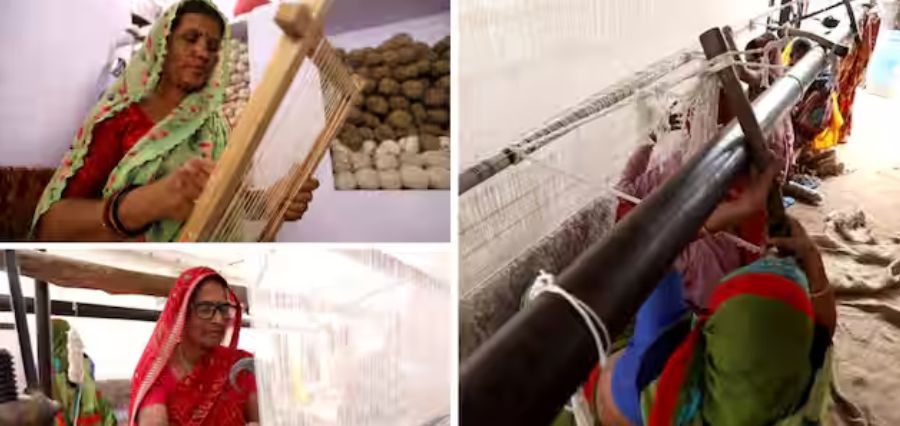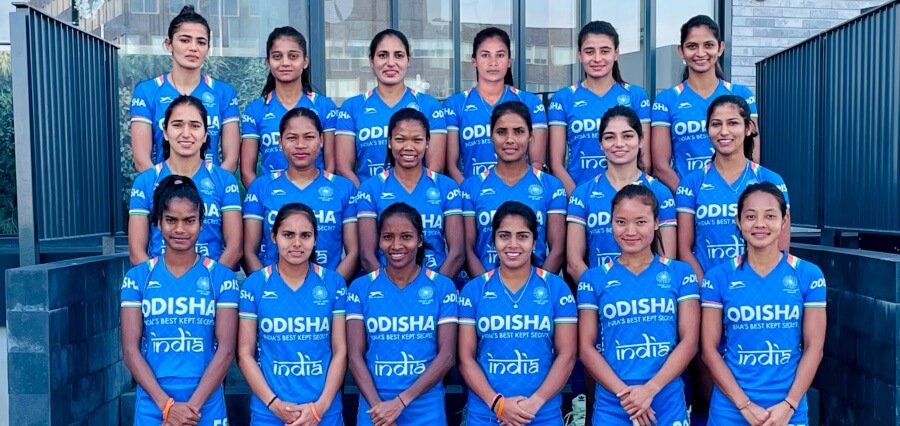A quiet revolution is happening in the rural heartlands of India, amidst the picturesque scenery and rustic appeal, spearheaded by the unwavering determination of women like Shanti Devi. Shanti, who was raised in the little town of Manpura in Jaipur, in the northern state of Rajasthan, is a living example of tenacity and perseverance. She gets up early every morning to take care of her family of sixteen.
However, Shanti’s tale extends beyond her house. It spans the rug looms in her hamlet, where she is known as “Bunkasakhi,” for having spearheaded a revolution in Jaipur rug weaving during the previous fifteen years. Shanti is dedicated to emancipating the women in her village, going beyond the intricate workings of the loom.
“I teach women the weaving technique,” she says, “so they aren’t reliant on their alcoholic husbands.”
Through their work, Shanti and many other women are paving the way for many others to become independent and self-sufficient, creating a fabric of empowerment and hope for future generations.
Although the process of making hand-woven carpets may appear unremarkable to some, its economic significance becomes evident. Every carpet requires four to five months of painstaking labor, requiring 16 to 18 women to put in 10 to 12 hours a day. It’s a strenuous procedure that shapes livelihoods in addition to carpets.
The impact of their labor is profound because each weaver makes between 250 and 300 rupees a day, supporting their families as well as the village’s socioeconomic structure. Shanti Devi’s story is proof of the transformational potential of grit and camaraderie in rural India. Her narrative inspires women everywhere and speaks to their hearts.
Working with well-known designers such as Gauri Khan, the Bollywood actor Shah Rukh Khan’s wife, Shanti Devi creates carpets that are more than just fibers and threads. Their elaborate designs and rich cultural past make them icons of perseverance and artistry that are used to adorn houses all around the world.
Read More: Click Here





